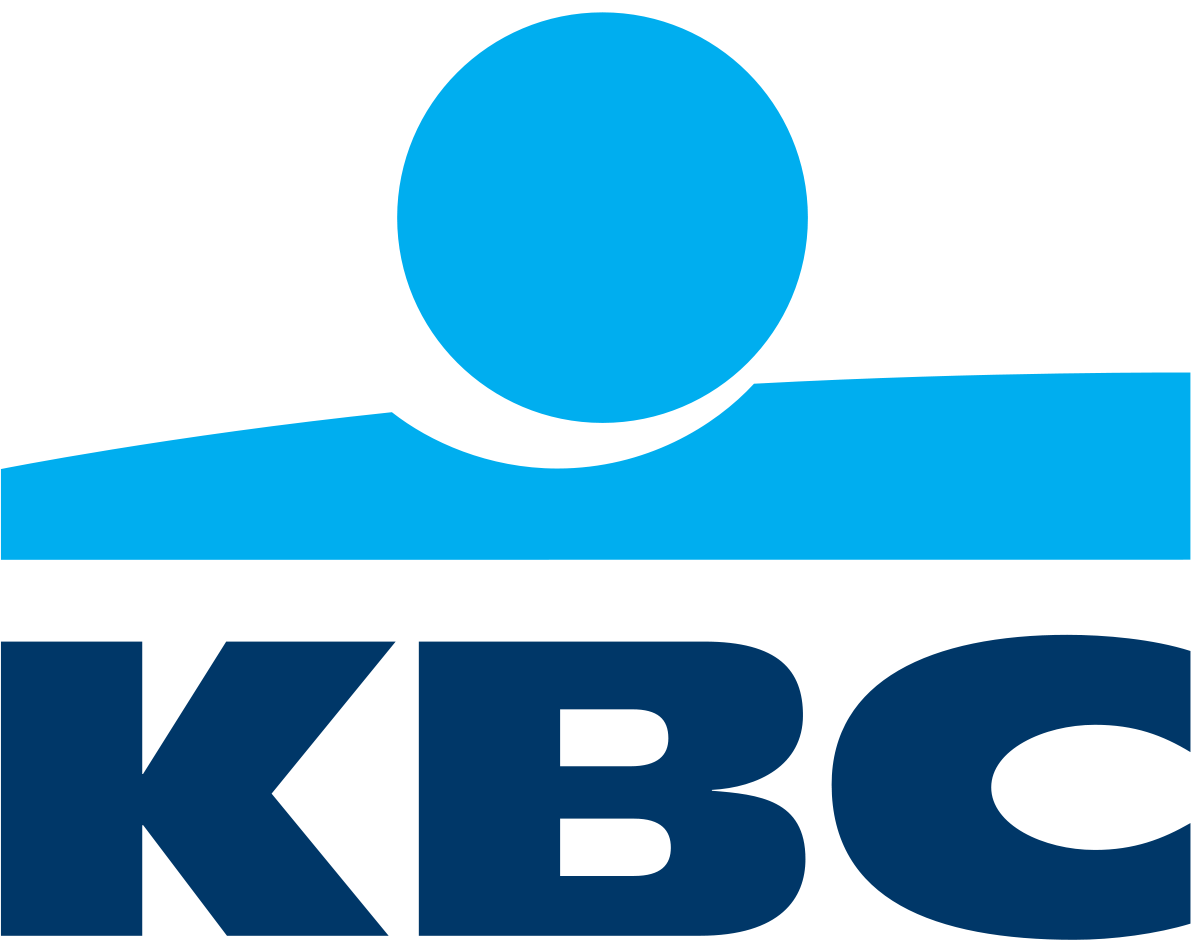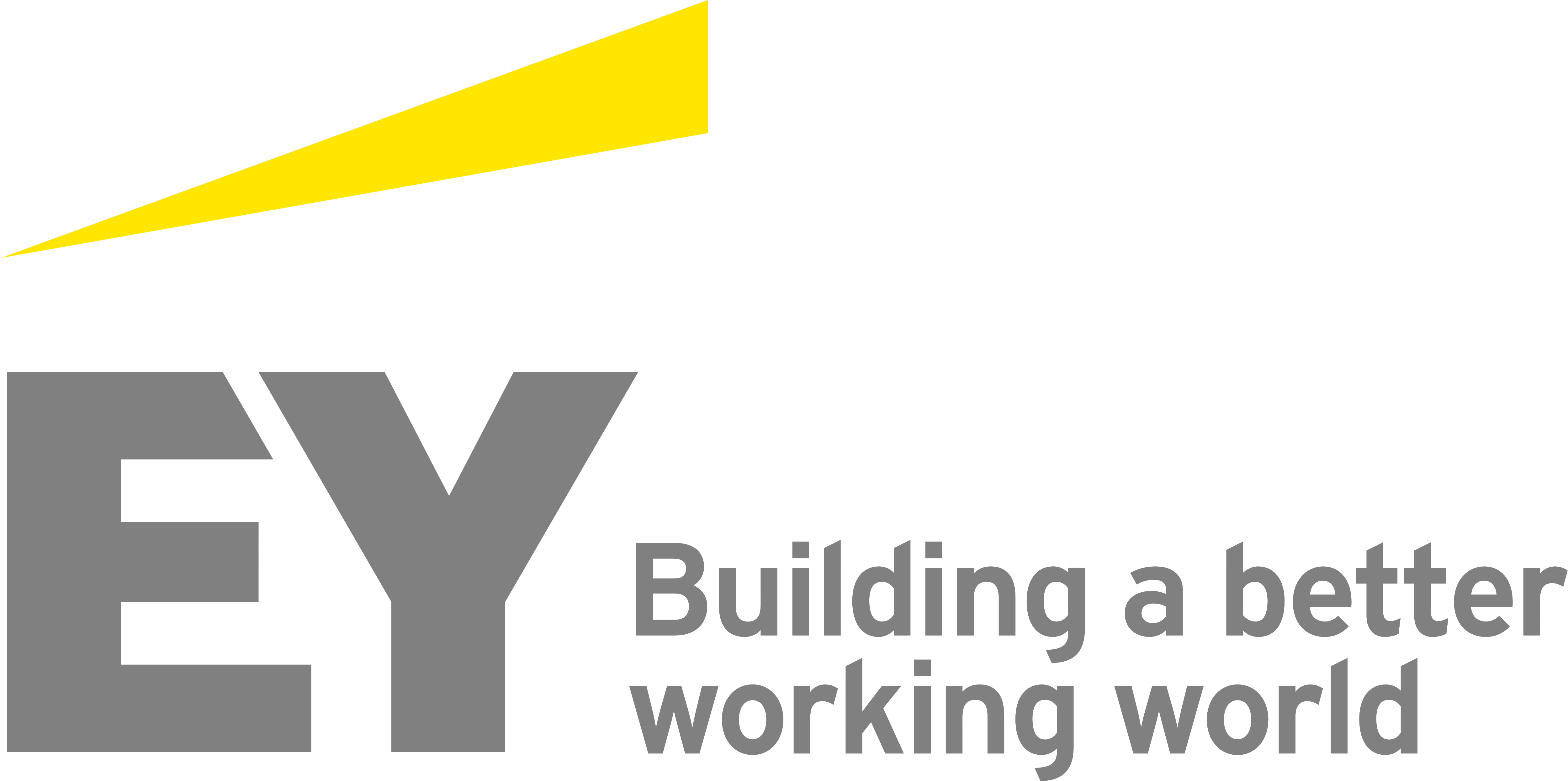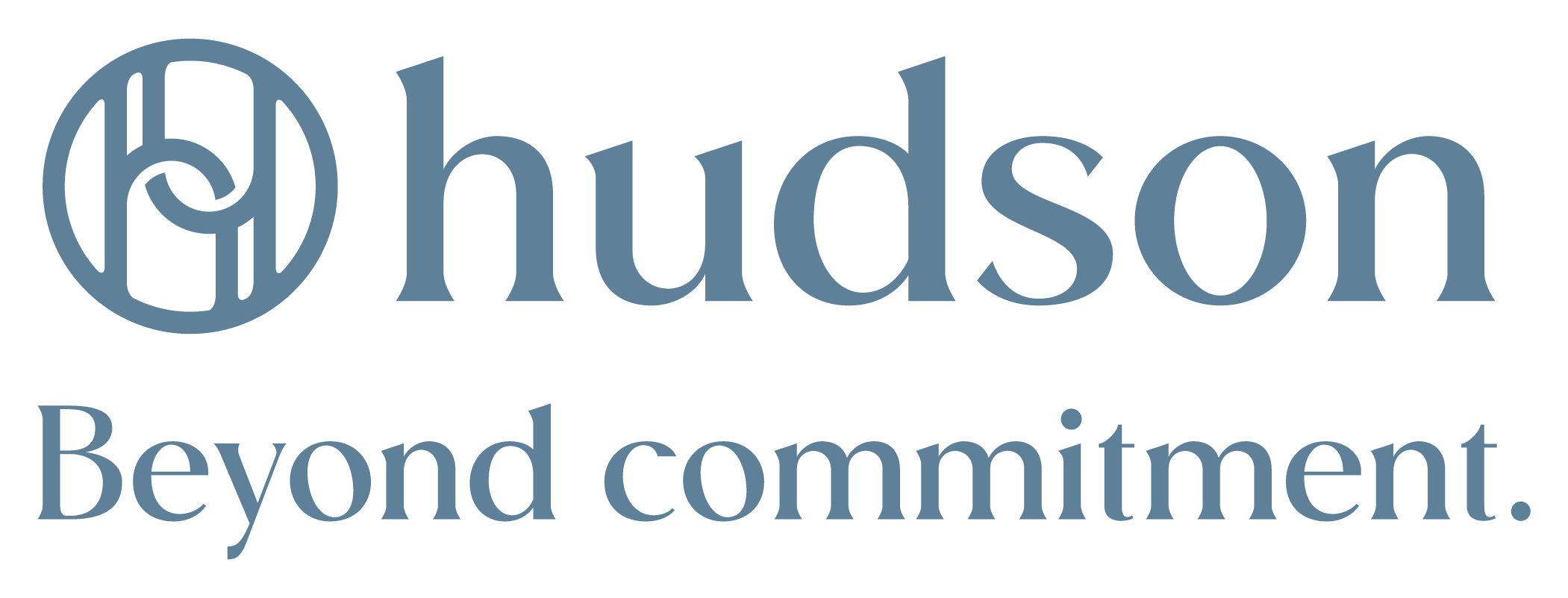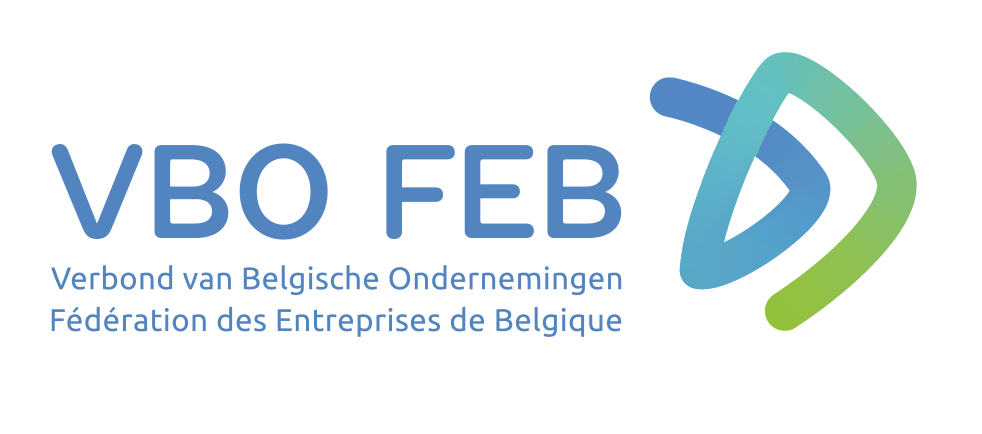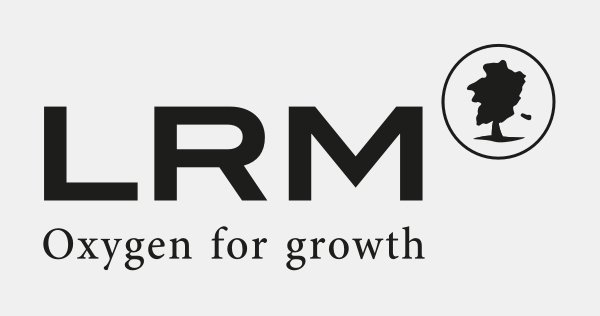GUBERNA Alumni Forum 2020

Information générale
Les inscriptions pour cet événement sont clôturées
Free digital format.
The economic trends for 2021 & beyond - How will the non-financial ESG measures impact investments?
|
Dear Alumnus, The world is at crossroads now that the Covid19 pandemic has disrupted many aspects of the global economy. As boards have a tremendous influence and impact on how society functions and how the future is shaped, they should seize the moment to engage into a more sustainable path. How do we operate amid growing uncertainty? How do we ensure sound decision making and emotional containment while focusing on long term value creation? How do we generate profitable solutions to the relevant problems of our planet without harming? In recent months we’ve seen multiple state-linked interventions to support the economy. One of them, economic nationalism, should be understood as a set of practices to create, bolster and protect national economies in the context of world markets. In a crisis, countries will pursue their narrow self-interests, very likely to the detriment of the world economy at large. Simultaneously, there is an increased pressure on companies to foster their resilience, engage in an ESG transition and take meaningful actions. We need an economic system that not only looks good but is good. The above topics raise a lot of questions for the medium- and long-term strategy of all types of companies and industries, and put pressure on the strategic, leadership and monitoring duties of their board of directors:
Jan Van Hove, Chief Economist at KBC will share his insights at our 3rd GUBERNA Alumni forum. In addition, we are pleased to announce our panel, composed of GUBERNA Alumni who are familiar with this topic:
Join us on this content-rich event and digital get-together before the year-end celebrations in a friendly atmosphere. |
Programme
|
17:30
|
Welcome & digital networking in social lounge |
|
18:00
|
Introduction by Jo Benoit, GUBERNA Alumni Chair |
|
18:10
|
The economic trends for 2021 & beyond - How the non-financial ESG measures will impact investments. |
|
19:00
|
Panel debate by and with the Alumni |
|
19:35
|
Closing statement & digital networking in social lounge |
Practicalities
This event is restricted to GUBERNA Alumni. However, to further build our community, each alumni can use 1 wild card to invite a new potential GUBERNA member.
Use your wild card by sending an email to Sylvie Hubert informing us with the name, title, organisation and email address of the person you want to invite. We will warmly invite him/ her.
Les inscriptions pour cet événement sont clôturées

